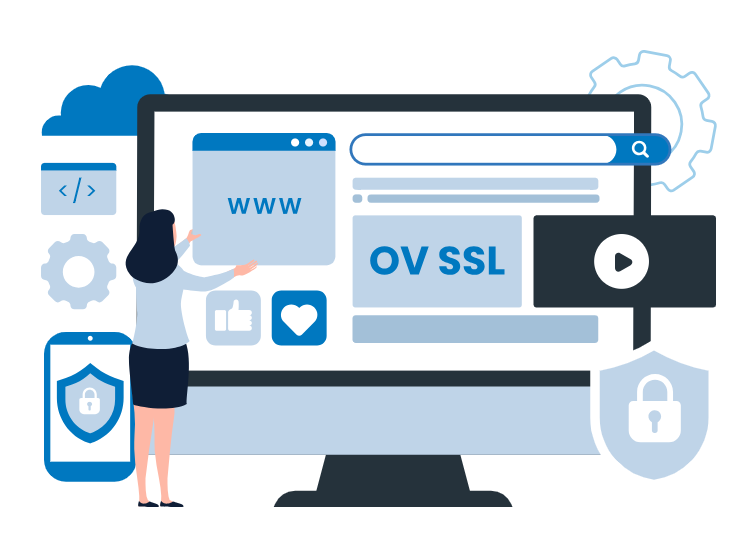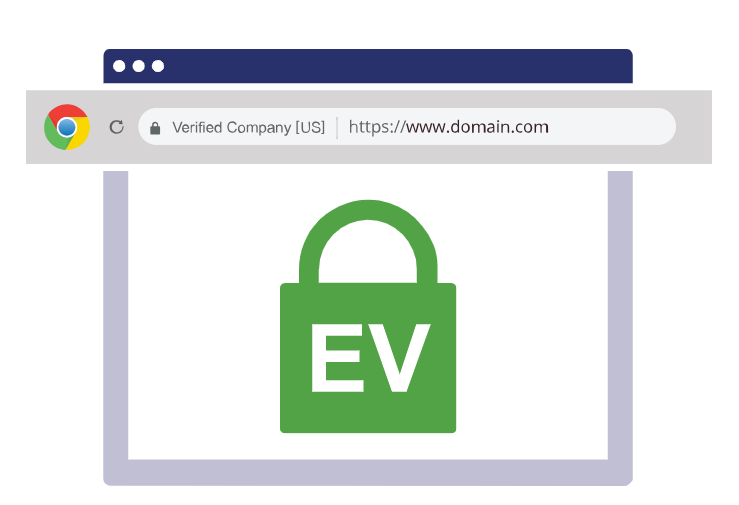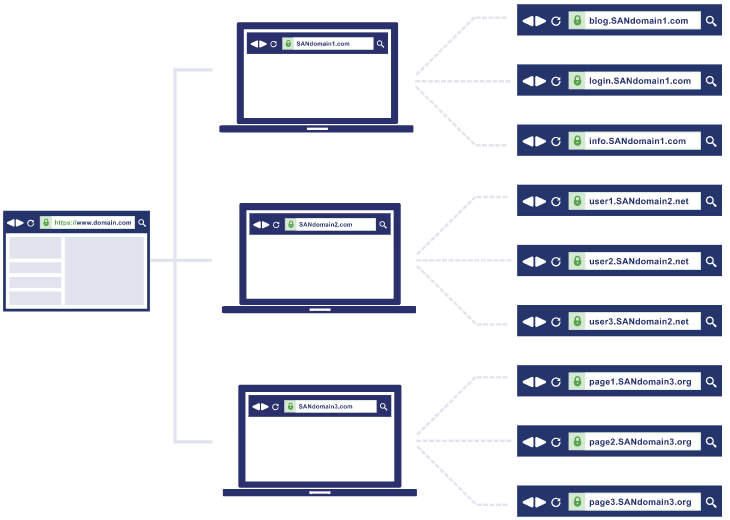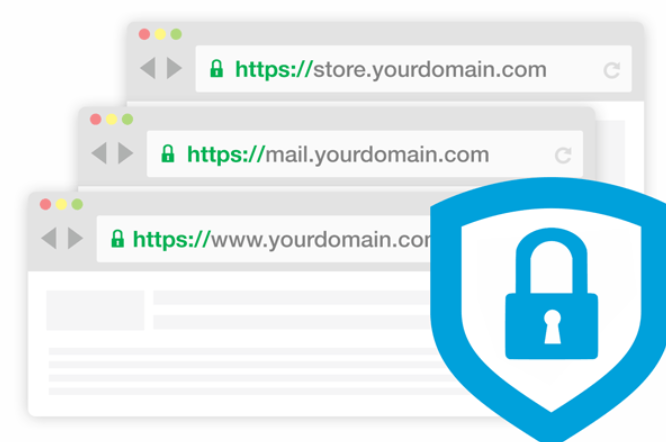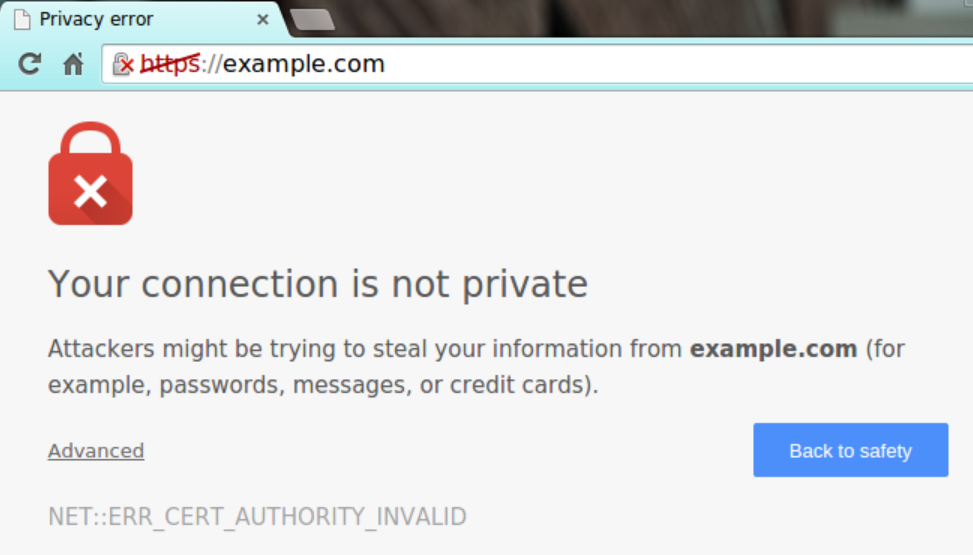In today’s world, where cyber threats and secure internet connection are a top priority issue, anyone who owns a site needs to be familiar with SSL certificates. Now, this guide is designed to give you all the information regarding SSL certificates you would like to know, including what they are, how they work, and the types out there. This ultimate guide is especially helpful for website owners, IT specialists, and anybody concerned with the web’s security and compliant protocols in different web environments.
Understanding the Basics of SSL Certificates
SSL, or Secure Socket Layer, technology establishes a secure connection between a web server and a browser, ensuring that data transferred remains private and integral. An SSL certificate acts as a digital passport, verifying a website’s identity and enabling encrypted communication. When a user visits an SSL-secured website, the browser checks the SSL certificate to confirm the site’s legitimacy.
If verified, the browser establishes a secure connection, often indicated by a padlock icon in the address bar and “https://” in the URL. Secure Sockets Layer certificates safeguard personal information like credit card numbers, user names and passwords, and other personal data from getting attacked.
SSL certificates are available in various forms, and each form is designed to provide different levels of security alongside different levels of validation. Thus, the type of SSL certificate to be used depends on the need and environment of the website in question. Through this guide, you will be able to decipher the different SSL certificates to make the right decision about which one will suit your online security needs.
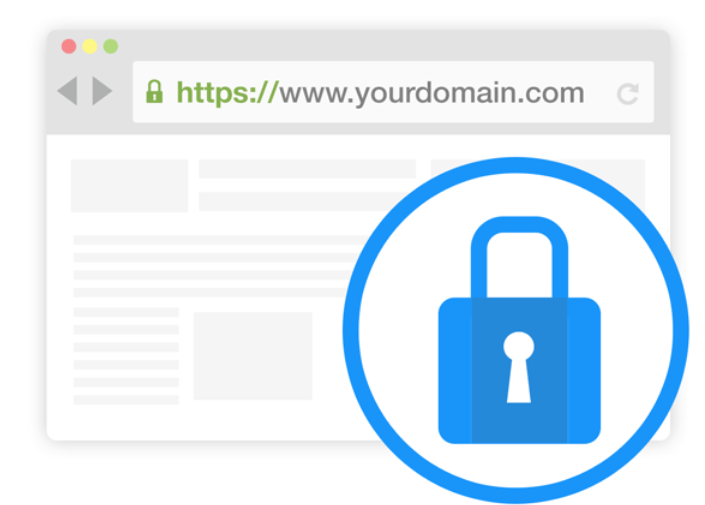
Domain Validation (DV) SSL Certificates
Domain Validation (DV) SSL certificates are the simplest form of SSL certificates, focusing primarily on verifying the ownership of the domain. The issuance process is straightforward and quick, typically requiring the certificate authority (CA) to verify control over the domain through an email or DNS record. This makes DV certificates an attractive option for small businesses, personal websites, and blogs not dealing with sensitive customer information. Although DV certificates provide encryption and a secure connection, they do not offer extensive validation of the organization’s identity. Therefore, users see a padlock in the browser’s address bar, but no additional company details are displayed.
Organization Validation (OV) SSL Certificates
Organization Validation (OV) SSL certificates provide a higher level of security and trust than Domain Validation (DV) certificates. During the issuance process, the certificate authority (CA) verifies the domain ownership and the legitimacy of the organization requesting the certificate. This verification includes checking official business documents, such as business licenses and registration information.
OV SSL certificates are particularly suitable for businesses aiming to build customer credibility. OV certificates accredit the organization’s identity, thereby ensuring the user that the entity he is engaging with is credible. This makes them ideal to be used in websites that deal with users’ information such as login credentials and other personal information. The additional levels of validation may take a few days more to authenticate, but the certificate has better security features and is more reliable than DV certificates.
Extended Validation (EV) SSL Certificates
Extended Validation (EV) SSL certificates provide the highest level of authentication available. The certification authority (CA) undertakes an extensive vetting process to confirm the legal, physical, and operational existence of the organization. This efficient process includes the recognition of various legal instruments such as; the name and physical address of the organization, telephone number/ and the person who applied for the certificate.
Among the major characteristics of EV SSL certificates, it is possible to identify the distinctive mark in the address bar of the Internet browser, which often looks like the name of the organization in green color. It also offers the users a relatively quick means of identifying the actual businesses that are operating legally within the market thus boosting their confidence levels.
This makes EV certificates even more important to those sites, especially those that might involve such transactions as buying products on the Internet or making online payments. Thus, getting an EV SSL certificate requires going through a rigorous certification process, which can take several days of verification.
However, the improved security and reliability that they offer are highly appropriate for the wait time, if the essence of user’s confidence and information security are of paramount importance to the organization in question.
Wildcard SSL Certificates for Subdomains
Wildcard SSL certificates offer a convenient solution for securing a primary domain and all its associated subdomains using just one certificate. For instance, if a wildcard certificate is issued for `*.example.com`, it will cover not only `www.example.com` but also other subdomains like `store.example.com` and `support.example.com.`
These certificates are especially beneficial for those companies that have many subdomains as, in this case, it is easier to manage certificates, and the expenses are lower. This means that if you do not want to purchase different SSL certificates for subdomains, you can minimize your work and boost operational performance. However, it’s important to understand that wildcard certificates only protect one level of subdomains.
While `blog.example.com` and `shop.example.com` are covered, deeper subdomains such as `sub.blog.example.com` require additional security measures. Organizations should also consider the implications for key management and security policies. With a single wildcard certificate, the same private key is used across all subdomains. This can pose a risk if the key is compromised, as all subdomains under that wildcard would be vulnerable.
This means that through wildcard SSL certificates, one is offered the best strategy for the simplification of the cost of the different subdomains, which, if used, makes it proper for businesses that have complexity in the website.
Multi-Domain SSL Certificates
Multi-domain SSL certificates, or Subject Alternative Name (SAN) certificates, offer an efficient way to secure multiple distinct domain names under a single certificate. This particular capability is particularly useful for organizations that operate and manage multiple websites and would prefer not to have to deal with multiple and different SSL management tools.
It is possible to protect several domains with the help of a multi-domain certificate that can include such names as example1. com`, `example2. Net`, and `example3.co, to implement web access to services and applications within the context of org without needing certificates for each domain. This one not only helps in consolidating the effort to manage certificates for the domains but is also cheaper if you compare it with acquiring different certificates for each domain.
Lastly, the multi-domain SSL certificates are not entirely rigid when it arranges the domain names that you associate with your certificates: you can add on more, delete some, or transform others to suit the organizational structure that is convenient for you. This means that they are ideal for use in organizations whose online operations or web locations keep on changing or those that are expected to change.
They are most useful for organizations operating multiple services under domains, including the main website, the blog, the online store, and the support portal. However, it’s crucial to verify the limitations imposed by your chosen certificate authority (CA). Some CAs restrict the number of domains you can secure under a single multi-domain certificate, so ensure the one you select meets your requirements. Finally, multi-domain certificates also have the same encryption strength and validation options as other SSL certificates and include Domain Validation (DV), Organization Validation (OV), and Extended Validation (EV) based on users’ preferences.
Self-Signed SSL Certificates
Self-signed SSL certificates are generated by the website owner or the server administrator rather than being issued by a recognized certificate authority (CA). While they offer the same encryption level as CA-issued certificates, they lack the validation and trust that come with third-party verification. As a result, web browsers will often display security warnings when users visit sites protected by self-signed certificates, indicating potential risks.
Despite the lack of browser trust, self-signed certificates can be quite useful for specific scenarios. For instance, they are commonly employed in development and testing environments where encryption is needed but external validation is not critical. They can also be used for securing the internal data connections within an organization, e.g., Intranets or internal applications where the user of the certificate is aware of the root and indeed trusts the internal network.
Still, it is not advisable to use self-signed certificates for the websites that are exposed to the Internet. The security messages browsers show can force users and discourage them from interacting with the site, so the website’s reputation decreases and people leave. It is especially relevant for such websites as e-shops, internet banking, or any other website that requires users’ personal information where reliability and reliability are critical.
However, since self-generated certificates are not subjected to the tests and verifications of the CAs, they create no confidence about the website’s legitimacy. For this reason, such hosts are prohibited in conditions where the site’s credibility is likely to be challenged. In a nutshell, self-serving SSLs are not inadvisable with internal networks and are fine for certain specific cases; they are not good for sites that require more credibility and authentication.
Choosing the Right SSL Certificate for Your Needs
Selecting the appropriate SSL certificate depends on various factors, including your website’s purpose, the level of validation required, and budget constraints. For small blogs or personal sites, a Domain Validation (DV) certificate may suffice, offering essential encryption with a quick and straightforward issuance process. For organizations that want to enhance the trust of their clients, Organization Validation (OV) certificates that establish the authenticity of the organization are ideal.
EV certificates are best deployed at high-risk domains such as e-commerce domains and banking domains etc; this is because they offer the highest level of assurance that is visually depicted by graphical elements like the green address bar. As compared to single SSL certificates, wildcard SSL certificates are highly suitable for primary domain security and for multiple subdomains since they are easy to manage and rather affordable.
Multi-domain SSL certificates are dedicated to organizations that need to secure several domains and thus are versatile and more economical. In conclusion, organize your decision regarding what kind of security you want to be implemented based on your safety concerns, your desire to build credibility with users, and other concerns that relate to the running of your website/business. Prioritize CA-issued certificates for public-facing sites to ensure credibility and user confidence.

